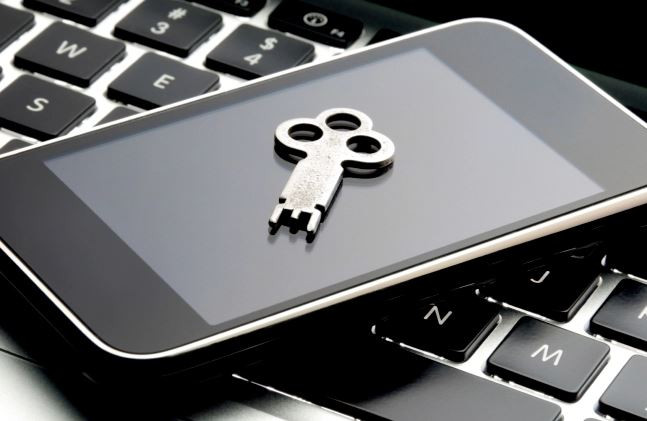How BlackBerry routinely intercepts data to help cops 'kick ass'

BlackBerry insiders have claimed the firm routinely accepts data interception requests from police forces around the world, while expressing surprise that so many criminals still use its smartphones with the belief they are invulnerable to snooping.
An investigation by CBC News analysed the activities of BlackBerry's Public Safety Operations team - which handles legal interception warrants on behalf of the firm - and found an overly 'enthusiastic' approach to combating crime.
One source, who spoke on condition of anonymity, told CBC the team is "helping law enforcement kick ass." The insider added: "Narco trafficking, human trafficking, money laundering, kidnapping, crime against children, knowing you are stopping those things, how do you not love doing something like that?"
One document, being disclosed for the first time, revealed additional insight into how the smartphone maker – which still counts the US government as a major customer – handles data requests.
Coined an 'International Cover Letter' (ICL), the document has to be filed alongside a judicial warrant, however once done so it permits law enforcement to request a slew of data on customers suspected of a crime.
The letter, CBC reports, lists a menu of request options that could give them PIN, SIM and IMEI numbers, customer names, addresses and purchase data. Additionally, police can ask for message and transaction logs, the document reveals. One box is listed as 'Other' and reportedly is used to intercept consumer versions of BlackBerry Messenger (BBM).
Earlier this year, it was revealed how numerous law enforcement entities are able to break into BlackBerry devices to gain access to communications – including the Royal Canadian Mounted Police (RCMP). According to Vice News, the RCMP has access to the firm's 'global encryption key', giving it the capability to decrypt communications at will.
While it remained unclear if the RCMP still had access to this key, it appears the CBC report confirms that it does. Insiders reportedly said they were surprised that criminals still thought their communications would be secure if they were using its devices to organise illegal activity.
"They are making the mistake thinking it's untouchable and nobody can see it ... not aware there is a group in Canada that can access it, decrypt it and send it to law enforcement," said one source. "If you have the ability to help put bad people that have committed crimes behind bars, why not help someone do that?"
Four days after the initial Vice News report went public, BlackBerry CEO John Chen issued a statement. He said: "When it comes to doing the right thing in difficult situations, BlackBerry's guiding principle has been to do what is right for the citizenry, within legal and ethical boundaries. We have long been clear in our stance that tech companies as good corporate citizens should comply with reasonable lawful access requests."
© Copyright IBTimes 2025. All rights reserved.






















